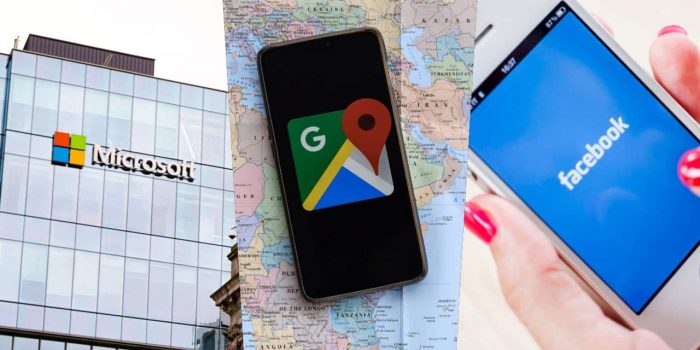Google Maps was launched in 2005 and ever since, it has made the lives of people convenient and easy beyond measure with its services ranging from satellite imagery to aerial photography, street views, and 360-degree interactive views of popular destinations.
Microsoft and Apple tried to compete with it but failed to keep up.
The credit for bringing these companies goes to the Linux Foundation, the non-profit organization working to advance Linux and keep it free, as reported by Gizmodo. In a press release, Jim Zemlin, executive director of the Foundation, said, “Mapping the physical environment and every community in the world, even as they grow and change, is a massively complex challenge that no one organization can manage.”

The Foundation’s next project is called Overture Maps and the objective is to collate and curate maps using different data sources from around the globe. They will open up their map data and combine it with data from around the world to build the most detailed and up-to-date maps.
The resulting functionality will enable anybody looking to use geolocation services or maps to tap into this resource without using expensive commercial services.
Google is so elite that the companies collaborating in this program do not even feature in the top 10 maps apps downloaded by users in the U.S. The number two on the list is Waze apps which is also a wholly-owned Google subsidiary, and the parent company, Alphabet, recently announced that it was merging the two divisions working on maps.

Google will now be adding augmented reality features to its maps. As Gizmodo mentioned in its report, the Overture Maps program is unlikely to be limited to 2D world mapping. It could give companies like Microsoft and Meta another chance at the maps market.
Meta has a street view company called Mapillary that uses user-contributed images for its maps. Amazon might also join in.
Dutch company TomTom has been surviving by offering services in areas where Google’s services are banned. Now the company claims to have launched a new maps platform, which it claims is a unique ecosystem and offers users more value.


